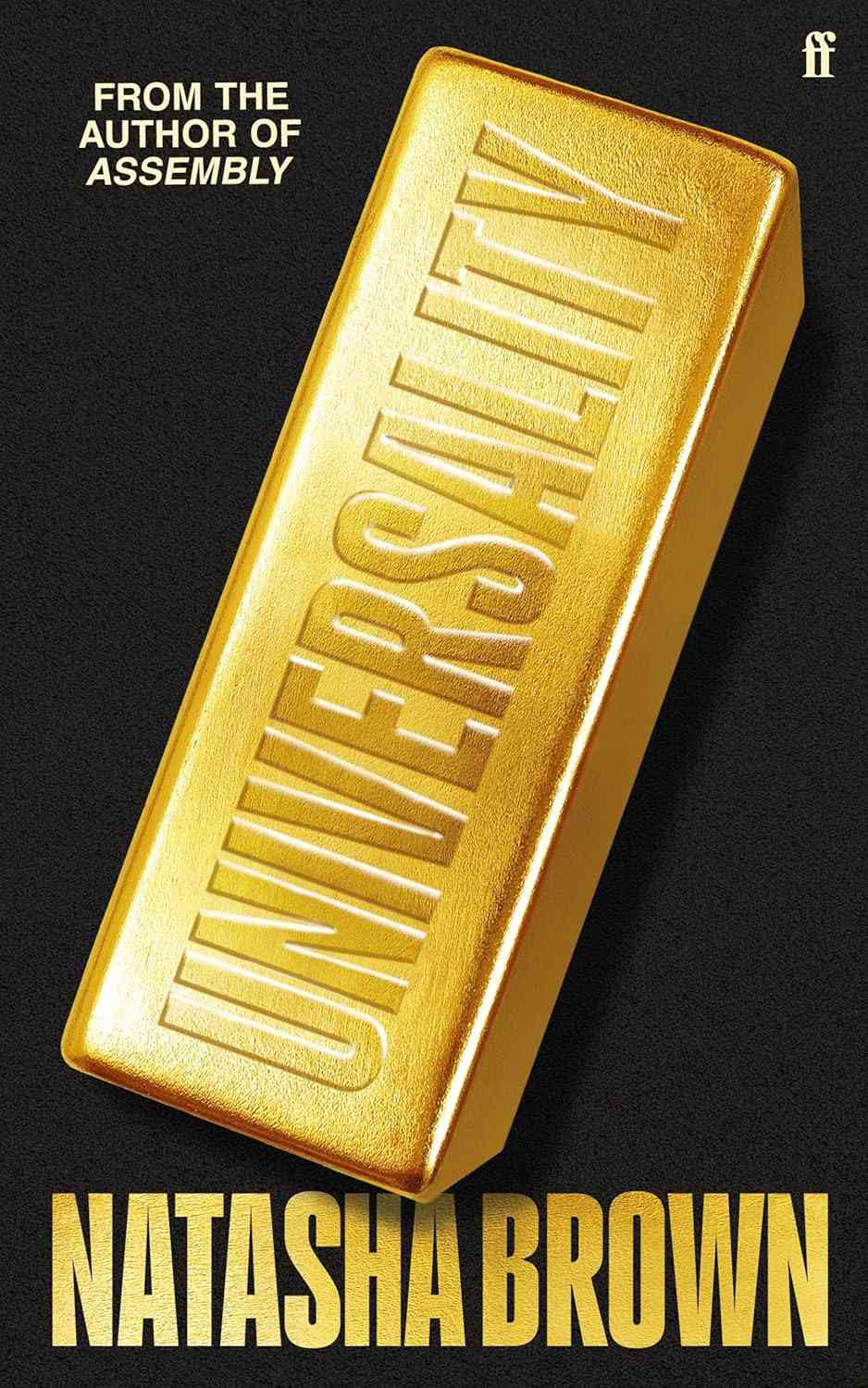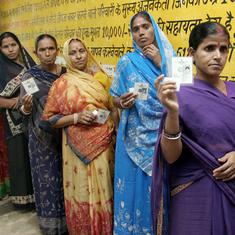“Why did I drink so much? I couldn’t stand being drunk. Though total sobriety was arguably worse. It was the in-between land I liked,” muses Miriam Leonard aka Lenny, one of the characters in Natasha Brown’s second novel, Universality.
A fool’s gold
Lenny’s longtime career as a newspaper columnist has received a sudden boost after she became one of the subjects of a young journalist’s article, after her book Woke Capitalism: How Corporations Sold Out the Working Class, hailed as a “secular Bible”, emerged as the newest bestseller, courting controversy, criticism, and adulation. She rues the conditions of the working class in Britain, where white men are being overlooked to comply with diversity requirements and liberal optics. She has strong views on race, class, sex, and economy and the inherent hypocrisy of inclusive politics. She vouches for neither, commits to nothing, yet manages to side with both sides of the argument. The trick is to keep making them guess. Drunk or sober – it doesn’t matter, as long as the sweet buzz prevails.
She’s not the only one minting money and fame on the back of nothing. She keeps her politics obscure, ruffles feathers, but in the end, it makes no dent in her lofty ideas of the self. Everything considered, she is better off than the chap who tried to bludgeon a man with a bar of gold and disgraced banker Richard, who’s caught up in its mess.
Only, the chap is her son. She had him very young and, not particularly affectionate towards him, she frankly criticises his anti-social nature. However, this is not a mindless act of violence, she insists. The reason why someone like Jack attacked someone like Pegasus with the intent to kill is more reasonable than one would think. After all, it is freaks – radical anarchists – like Pegasus who want to upturn the entire social order, kill capitalism, establish universality – a world where everyone is equal and lives equally. And yet, it is men like Jack who will still be left to suffer – plain and White, they are being edged out of jobs, politics, and even social circles.
Not important enough by any stretch of imagination, the news of the attack on Pegasus would have died down had Hannah’s, a struggling freelancer, article not shot to viral fame. Her piece, “A Fool’s Gold”, is also the first section of the novel. It provides context to this bizarre act of violence – stoked by the madness of the pandemic, Brexit, and the apparent desertion of Britain’s White population. It is more of an op-ed piece than pure journalism. Hannah sees this as a rare chance to flaunt her writing skills. She injects melodrama in her piece, takes liberties with the facts, and even makes entertainment out of the sordid affair. The £4,000 payout is welcome, but it’ll soon run out and Hannah is desperate to not go back to her poverty-like state.
For a price
The truth – now perhaps doubtful – leaves ugly traces in its path. Richard’s gold bar (now Jack’s murder weapon) is still missing and his affair with Lenny (also, unfortunately, Jack’s mother) has got the tabloids’ tongues wagging. Meanwhile, Hannah’s piece will get a TV makeover – with some changes. So what if everyone involved is White? TV needs diversity and for that, the assaulter will have to be Black. Not particularly distressed about these developments, Hannah decides to enjoy the comforts of her new apartment afforded by the sudden windfall.
Everyone’s politics – the good, bad, and the ugly – are temporary, dictated by stronger forces of money and fame.
Universality is rather plain compared to Brown’s phenomenal debut novel, Assembly. While she only hints at the moral rot in her first novel, the second is a direct criticism of the institutional rot that has set in (and shows no sign of healing). All characters, except Lenny, play into the stereotypes and Brown does not merit them in all their complexity.
Conversely, this is also where Universality succeeds. Brown closely observes the class system, the hierarchy of suffering, and the debilitating consequences of putting a price on your ideology. In these end times, everyone and everything is up for sale. While some, like Lenny, play it smart by picking the winning side of the culture war, those like Hannah try to make the most out of a moment of relevance. Unlike Lenny, who has no qualms about being amoral, it is those like Hannah, whose politics ensure their goodness, who stand to lose much more – identity, ideology, righteousness.

Universality, Natasha Brown, Faber & Faber.










